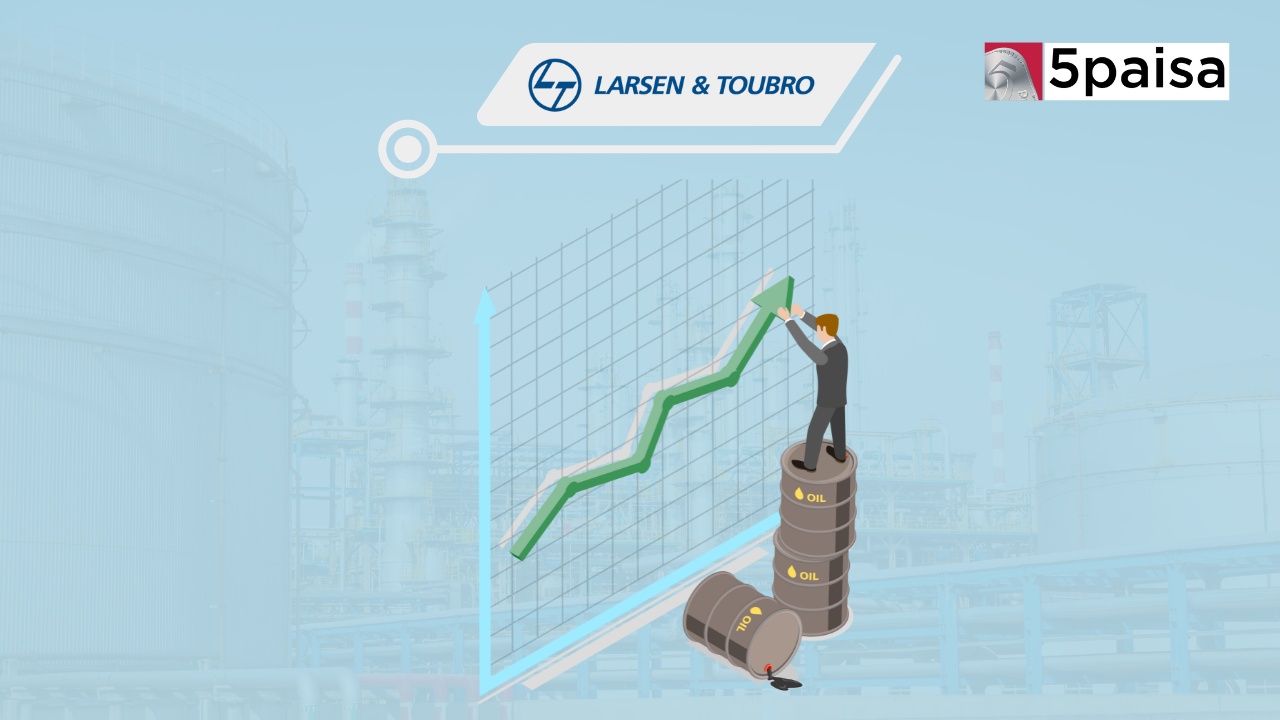ICICI Bank to raise Rs10,000 crore via Infrastructure Bonds

India’s second largest private sector bank, ICICI Bank, is expected to raise up to Rs10,000 crore through the issue of infrastructure bonds. These monies will be used for project financing and for giving loans for affordable housing. Such monies have to be applied for projects that are specifically classified as infrastructure projects by the government of India. The demand for investing in such infrastructure bonds largely come from HNIs and institutions largely on account of the rather long lock in period of 5 years to 7 years.
One of the major advantages that these bonds offer is that the RBI has specifically exempted these bonds from the ambit of CRR and SLR maintenance. What it means is that by raising funds through infrastructure bonds, the bank would be exempted from maintaining cash reserve ratio (CRR) and statutory liquidity ratio (SLR) against such liabilities, being long term debt in nature. Exemption from CRR and SLR requirements enhances the lendable amount and as a result it reduces the effective cost of funds of the bank.
These long term infrastructure bonds have one more important role to play. They also mitigate the asset-liability mismatch (ALM) problems that banks typically face in extending project loans to infrastructure sector. In a recent speech, economist Pronab Sen had highlighted the risk of maturity mismatch that most Indian banks were actually running. That is the kind of challenge that these infrastructure bonds would address at this juncture as it would help to match the asset profile and liability profile much better.
ICRA has assigned “AAA” rating to the proposed infrastructure bond offering by ICICI Bank, which shows the highest safety with respect to timely repayment of interest and principal on the bonds. In the last one year, the outstanding infrastructure bonds of ICICI Bank are up nearly 75% surging from Rs22,139 crore to Rs38,809 crore on a yoy basis as of June 2022. The maturity of long-term infra bonds should be at least 7 years. Banks have to first provide assistance to such infrastructure projects before raising resources through infra bonds.
Banking sector has been funding infrastructure sector quite aggressively raising questions over ALM at these banks. For instance, the loans given by the banking system for the infrastructure sector has risen by 11.1% yoy to Rs12.14 trillion as of July 2022. Out of this total loan volume, nearly 55% of the loans are to the power sector and 25% are to the roads sector. Other infrastructure sectors account for the balance 20% of the infrastructure loans given out by the banks.
- Flat ₹20 Brokerage
- Next-gen Trading
- Advance Charting
- Actionable Ideas
Trending on 5paisa
06
 Tanushree Jaiswal
Tanushree Jaiswal
Indian Market Related Articles
Disclaimer: Investment in securities market are subject to market risks, read all the related documents carefully before investing. For detailed disclaimer please Click here.
 5paisa Research Team
5paisa Research Team




